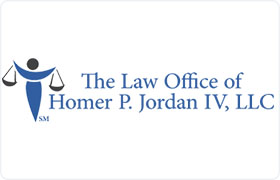Troup County, GA Divorce & Family Law Lawyers
Sponsored Law Firm
-
 x
x

Click For More Info:
-
The Law Office of Homer P. Jordan IV, LLC
125 Townpark Drive Suite 300 Kennesaw, GA 30144» view mapDivorce & Family Law Legal Solutions for a Brighter Tomorrow
At The Law Office of Homer P. Jordan IV, LLC in Kennesaw, we are dedicated to helping clients throughout the Atlanta area, including Cobb, Cherokee and Paulding counties.
800-590-3350
Lonnie J. Haralson
✓ VERIFIEDAccident & Injury, Slip & Fall Accident, Wrongful Death, Divorce & Family Law
Experience You Can Trust, and Afford
I have practiced law exclusively dealing with litigation and disputes in the areas of Family Law (divorce, child custody, child support, paternity/leg... (more)
Ian J McCutchen
Workers' Compensation, Family Law, Criminal
Status: In Good Standing Licensed: 18 Years
David A Fowler
Estate, Labor Law, Family Law, Divorce & Family Law
Status: In Good Standing Licensed: 37 Years
 Homer Jordan Kennesaw, GA
Homer Jordan Kennesaw, GA AboutThe Law Office of Homer P. Jordan IV, LLC
AboutThe Law Office of Homer P. Jordan IV, LLC Practice AreasExpertise
Practice AreasExpertise

